more-than-human freedom
2024 zine conference
Inspired by the first zine-styled conference organized by The Low-Carbon Research Methods Group , we aim at disseminating cutting-edge research on more-than-human freedom to both a specialistic and a lay public. Our intention is to democratize such knowledges in a low-carbon and accessible frame, tapping into the graphic and experimental potential of zines. You don’t need to be a graphic designer or an artist to apply; we welcome participants from all skill levels and will provide support in crafting your zine. Have a look around, get inspired, and hopefully we’ll welcome your submission soon! Don’t hesitate to reach out if you have any questions. Extended deadline: 22 March 2024
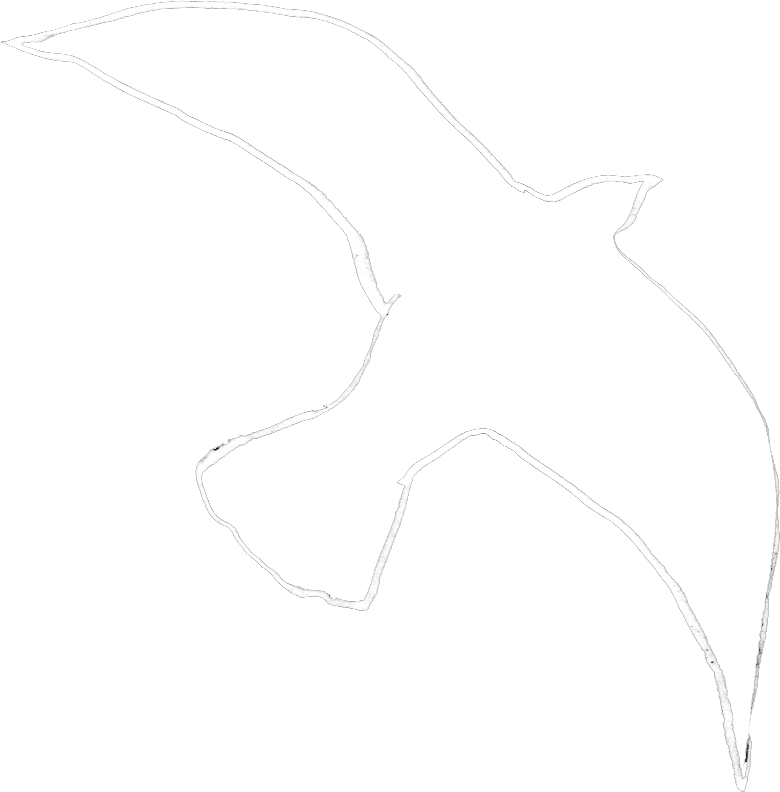
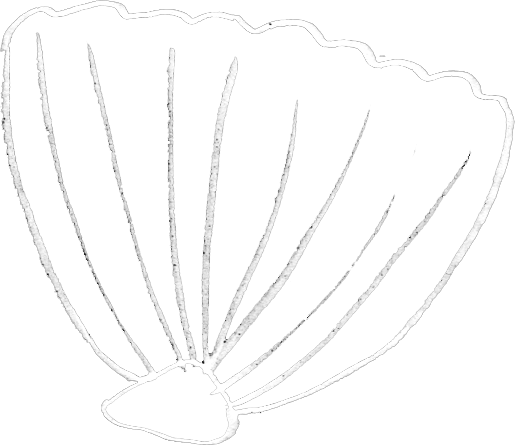
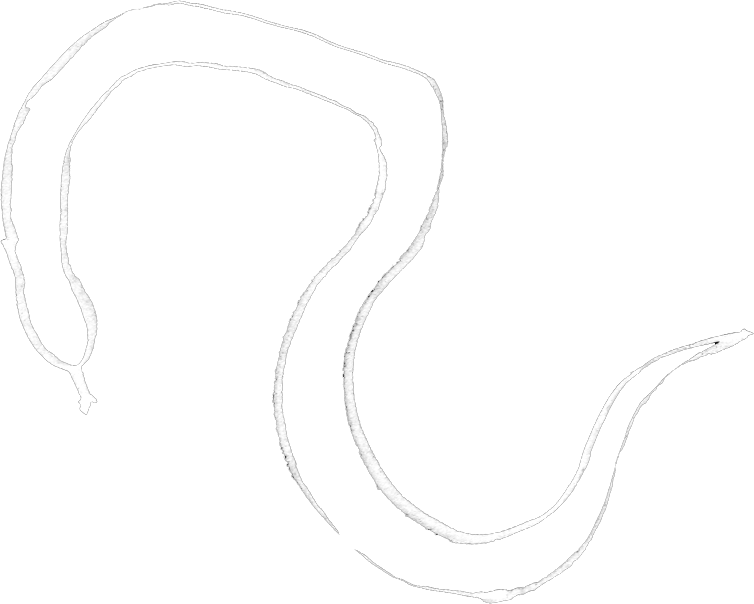
Call for submissions
Multispecies ethnographers analyzed the expansion of industrialized food production as separating organisms from their relational ecologies and coercing them into maximized production. Under late capitalism’s growth imperative, agriculture has moved towards accelerating organisms’ growth by removing them from their environment into controlled feeding and medication1. This process not only shapes non-human bodies but, according to situated knowledges among many different local populations, it also creates nutritionally and symbolically poor foods, depleting human bodies and the very mutuality of eating that constitutes a local ecology2. Yet, these ecologies are sustained by these webs of multispecies relations. Therefore, following scientific and local knowledges emphasizing the capacity of self-willed ecologies to sustain themselves3, and of the self-medicating and food-selecting behaviour of relatively free organisms4, we propose to approach food systems through the concept of more-than-human freedom. In doing so, we aim to bring together the focus on food sovereignty and a more-than-human perspective to the organisms involved in food creation. Looking at an ever-gloomier Capitalocene, we recognize the urgency of discussing more-than-human freedom and its capacity to shape and sustain local ecologies. We invite visual ethnographies capable of addressing such issues, and showing the mutuality between more-than-human freedom and the sustenance of local ecologies.
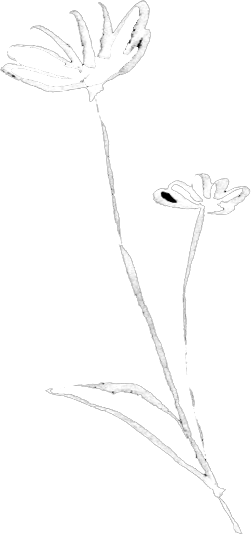
Possible themes include:
- vernacular perspectives on non-humans’ skills in caring for themselves and landscapes;
- more-than-human resistance to industrial agricultural control;
- ethnographic cases of social groups aiming to work with non-human autonomy in agriculture;
- examples on the mutuality of more-than-human relations in local ecologies, and their capacity to sustain themselves
These works will be included in a zine-styled conference, and freely distributed in the form of printed zines and an online repository. Inspired by the first zine-styled conference organized by The Low-Carbon Research Methods Group , we aim at disseminating cutting-edge research on more-than-human freedom to both a specialistic and a lay public. Our intention is to democratize such knowledges in a low-carbon, free, and accessible frame, tapping into the graphic and experimental potential of zines.
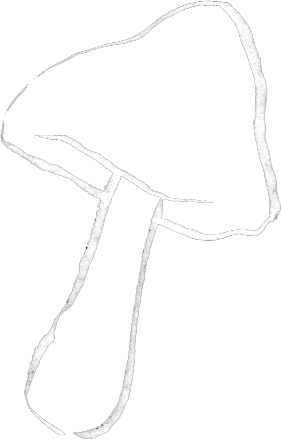
We encourage submissions of a 500-words pitch that describes both the content and format/design of the zine, with bibliography and a brief biographic introduction; submissions should be sent via this google form by 22 March 2024. Please take care to describe how you intend for content and zine design to support one another, as this will be taken into account during the jury process. We aim to provide some support, tutorials and feedback for the design part, so please don’t let this hold you back from submitting. We’re not looking for exclusively professional-grade design work, but motivate participants to draw inspiration from the DIY-aesthetics of zine culture that welcomes all skill levels. To gently encourage an overall visual connection between the final zines, yet leave enough room for experiment and individual taste, we’ve set some restrictions on size and colour.
Print and design requirements for final submissions (more detailed instructions will follow later in the process)
- Colours: black & white
- Size: 148 x 210 mm (A5, portrait orientation), excluding 3mm bleed on every side if needed
- Pages: between 12 and 48 (including cover + backcover)
- Resolution: 300 dpi
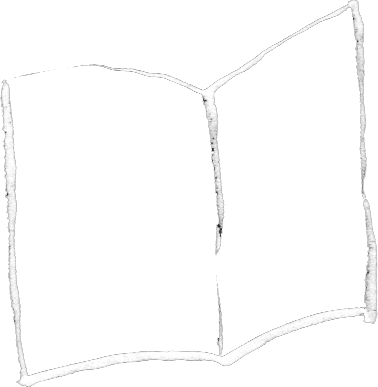
[1] Landecker, H. (2023). “The Food of Our Food: Medicated Feed and the Industrialization of Metabolism”, in H. Paxson (ed.), Eating beside ourselves. Thresholds of foods and bodies. Duke University Press, 56–85.
[2] Chao, S. (2021). Eating and Being Eaten: The Meanings of Hunger among Marind. Medical Anthropology, 40(7), 682–697.
[3] Carver, Steve, Ian Convery, Sally Hawkins, Rene Beyers, Adam Eagle, Zoltan Kun, Erwin Van Maanen, et al. 2021. ‘Guiding Principles for Rewilding’. Conservation Biology 35 (6): 1882–93.
[4] Meuret, M., and F. D. Provenza. 2015. ‘When Art and Science Meet: Integrating Knowledge of French Herders with Science of Foraging Behavior’. Rangeland Ecology & Management 68 (1): 1–17.